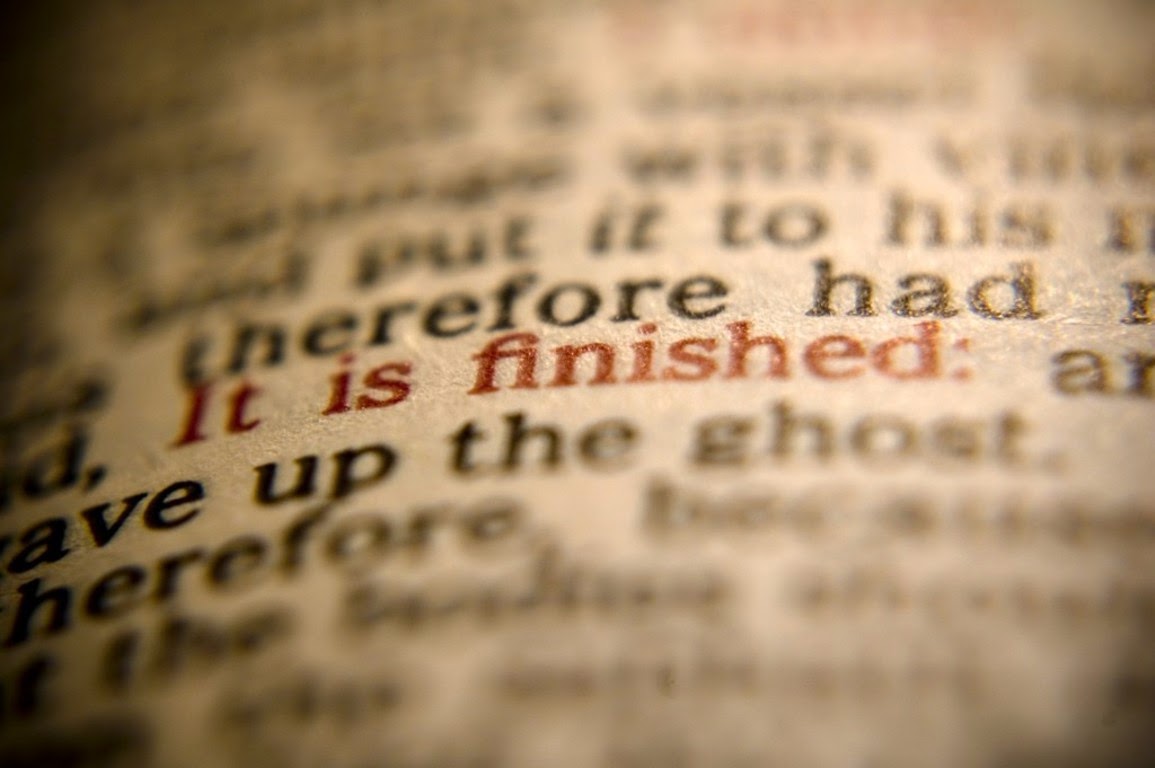.jpg) |
Esther before the king
(from Distant Shores Media/Sweet Publishing) |
Last weekend was Purim, the Feast of Esther.
As I reflected on my childhood celebrations of Purim, my fondest
memories are the costumed parades - a conga line of kings and queens and
villains and heroes.
And it struck me: No one wanted to be Vashti.
Vashti was the disobedient troublemaker. The one whose public banishment paved the way
for Esther to win the king's heart and hand.
So when Jewish kids dress up every year for the Purim parade, no
one wants to be Vashti. No one. I certainly didn't.
Why would I? After all,
the celebration of Purim is jubilant - a carnival complete with games and
sweets and music and dancing. And a parade, where everyone dresses to the
hilt like their favorite character from Esther's story.
The boys dress as Mordechai the hero, or Haman the villain. And -
truth be told - there are always more Hamans than Mordechais. Sometimes it's
fun to play the bad guy.
But no one wants to be Vashti. No one wants to be the deposed
queen. No one.
Until now.
The more I study the Book of Esther, the more I admire Queen
Vashti.
If you don't know or remember the story, let me fill you in:
After seven days of feasting and drinking, the king of Persia
summoned his queen, Vashti, "in order to display her beauty" for his
guests. She refused, and was deposed for her disobedience.
To replace Vashti, the palace held a beauty contest of
sorts. The king chose Esther as his new
queen. Unbeknownst to him, she was Jewish, a child of those dragged into exile
from Jerusalem.
Meanwhile, Esther's uncle Mordechai served in the king's court.
One day, he refused to bow down to Haman, the king's right-hand man. Infuriated, the egomaniac deceived the king
into ordering the massacre of all Jews in the kingdom, unaware that this death
sentence applied to the queen.
Mordechai privately implored Esther to do what she could to save
her people, famously asserting that, "...who knows but that you have come
to your royal position for such a time as this?" (Esther 4:14, NIV)
Esther resolved to approach the king uninvited - which, in
itself, was tantamount to a death sentence.
Thankfully, when Esther approached the king, his heart was tender
toward her. Extending his scepter, the
king spared Esther's life, offering whatever her heart desired.
In response, Esther invited her husband and Haman to a series of
three banquets. Haman became puffed up, gloating over his repeated invitations
to the royal table. Until, of course, he was outed as the villain during
Esther's final banquet.
In the sudden turn of events, Haman was destroyed, the Jews were
saved, and Mordechai was promoted to second-in-command.
It's an exciting story of love and loyalty, malice and murder,
heartbreak and heroism. And front and
center is Esther: the strong, beautiful
protagonist who wins the king and saves her people. The kind of woman every
girl wants to become.
Queen Vashti, on the other hand, is dismissed as a footnote amid
hushed whispers and clucking tongues.
And yet.
Vashti's one infamous decision reveals more about who she was
than any victory could have.
Esther made the right, brave choice because she had to. Her life
and the lives of her people depended upon it.
Vashti made the right choice simply because it was the right
choice. You see, historians teach that
once the wine started flowing, Persian queens were to leave the king's table.
The only women who joined the banquet after that were for entertainment
purposes only.
And Queen Vashti, during what some believe was her coronation
celebration, refused to be degraded in such a manner. She refused to go along to get along.
No, an entire people group wasn't at risk. But the queen's
integrity was.
And, as often happens in life, Queen Vashti wasn't rewarded for
making the right choice. In fact, she was publicly punished for it.
But imagine if she hadn't stood up to the king's improper
request. What if Vashti had agreed to be ogled by all the king's men?
She never would've been banished. And if Vashti hadn't been
banished, there would've been no contest for Esther to win. And if Esther
hadn't won the king's hand, a Jewess wouldn't have been on the throne to
intervene when Haman ordered the massacre of God's people.
A woman of integrity was married to a foolish king for such a
time as that.
Indeed, Esther's "such a time as this" was made
possible by Vashti's "such a time as this."
(It must also be noted that the king greatly matured in the
days after Vashti's banishment.)
Sometimes, our wise, brave choices bring success and salvation
and accolades. Other times, they bring personal hardship. Both can be used by
God to accomplish His greater plan.
The question for you and for me is whether we are willing to make
the wise, brave choice simply because it is the right choice. To trust that
whether the outcome is glorious or devastating, the One who judges justly has a
plan for "such a time as this" that we will one day understand.




.jpg)